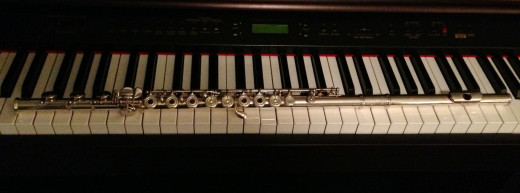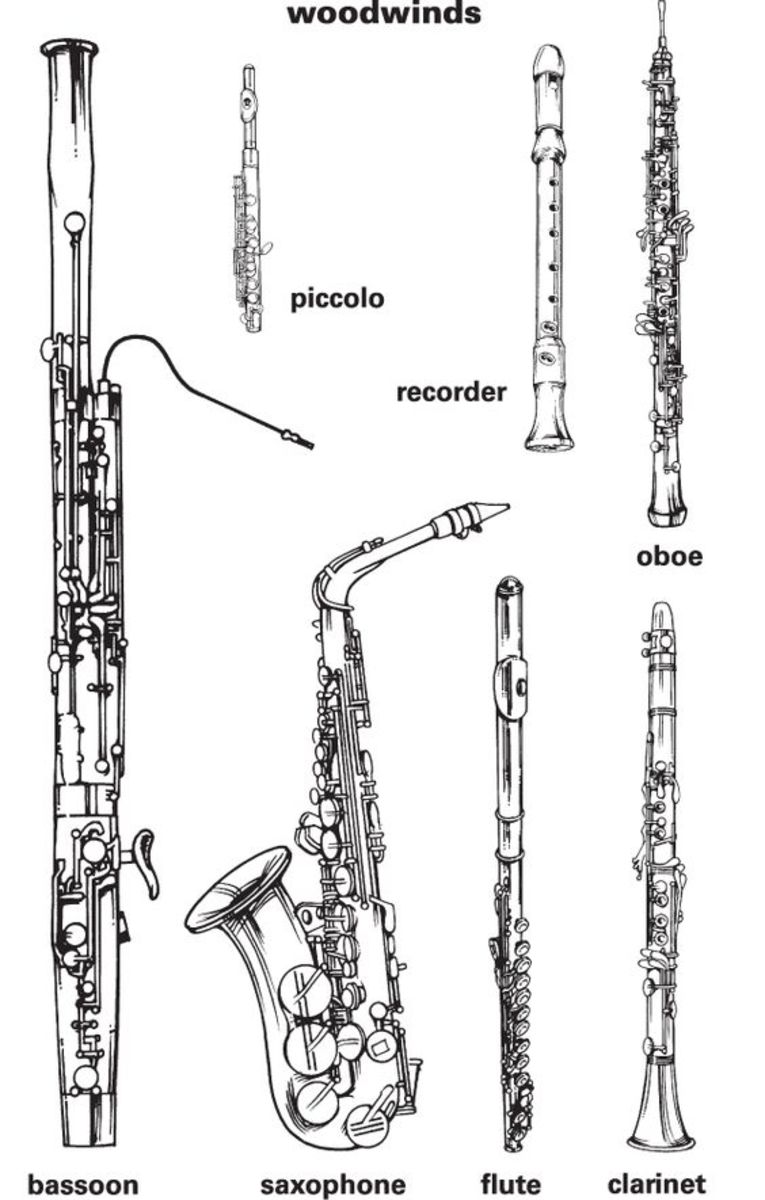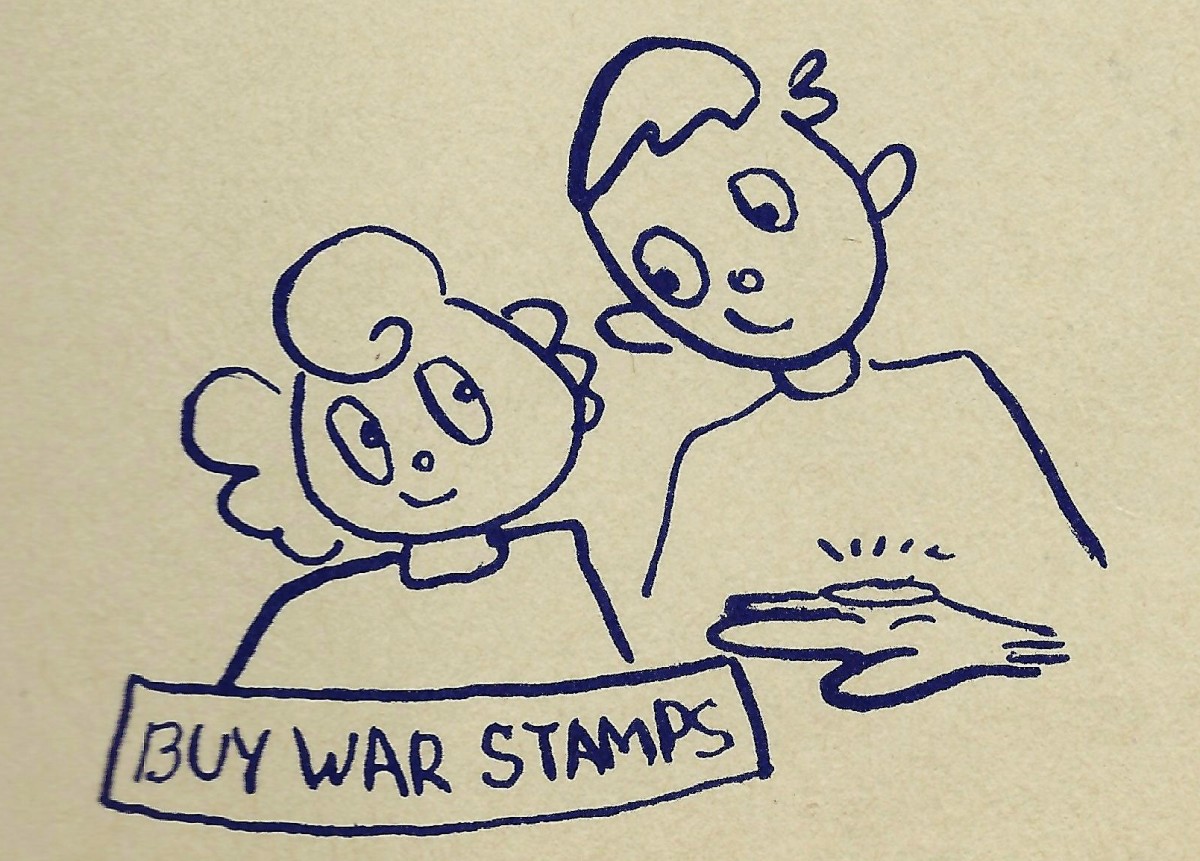Integrating Students With Autism and Special Needs Into a School Band Program

My friend has a teenage son with Aspergers and recently posted on Facebook how upset she was that her son, who has played in school band for 5 years was told that he did not meet the band directors performance criteria to be a part of the band this year. Band is the only group activity her son has ever shown an interest in. Hearing this story broke my heart because I worked as a music teacher in public school for 3 years and as a music therapist at a special needs school 7 years and did my best to keep every child in my band that wanted to play. This situation prompted me to write this article about techniques I picked up as a music therapist to help keep ALL students successful in the band program.
Boy with Aspergers playing the trumpet (0:15)
Students with special needs are often interested in listening to, and learning to play music. Music is a great solo as well as group activity. Finding a group activity a student with autism or other special needs wants to participate in is often a challenge. Taking advantage of this group activity and doing our best to encourage continued participation should be a priority. As you read my suggestions, keep in mind that you may get students who are unable to, or greatly struggle with reading. Not having the ability to read words does not necessarily mean they can not read music, but you may have to learn new techniques that will go against how you now teach.
Autistic Superstars - All participants in this group are diagnosed with autism (2:48)
Tips for teaching special learners a musical instrument:
Learning by ear. Some children have an amazing ability to hear something once and repeat it back. I had a student with autism who had a great talent for this. I could play something once and he could perfectly repeat it. This can be very helpful when learning parts for group band. They can practice this skill by learning a song they know and like. Success is more important than music reading skills with special learners.
Autistic Boy Performing by Ear (2:21)
Autistic boy playing violin by ear (1:03)
Focus on rhythm reading alone if learning to read music is an issue. For some reason reading rhythm is not as difficult. You can write out the rhythm of a band song and write the note names above the rhythm. If you are a music teacher you may be cringing at my saying this, but what we learned of teaching music was geared toward one style of learners and if a student doesn't learn it that way it is wrong or they are unable to succeed at playing an instrument. We have to change the way we teach because our students have diverse learning styles. Not all of our students will become professional musicians. We have the ability of giving every student the skill of playing music which they can receive enjoyment from their entire lives.
Some can learn to read music but the process is slower. I used this technique with younger learners as well as special learners. Make your first staff one line (it will be one note). Place your rhythms on the one line. Have them practice reading the rhythms with the one note. When mastered, add a second note either just below or just above the one line. When they can master reading two notes, add the other space note , then add another line and so on until they are able to read a full staff. This is a slow process, but does end in success with a child who might not otherwise be able to master note reading.
Some of your students may have a form of synesthesia, known as graphemean, or the ability to associate musical notes with colors. An example of this would be every time they hear a "C" they see red. You may be able to color code the notes on the paper to further assist in your students success.
Life with synesthesia (6:50)
Things to keep in mind as the band director:
What is your goal? Is your goal to train only children who will grow up to be professional musicians or to give every child the life long gift of having the ability to play an instrument? I am by no means asking you to lower your standards for those excelling, just accommodate those who learn differently.
How important is perfect form? Some children are incapable of perfect embouchure or holding their fingers in perfect position. This does not mean they can't play the instrument successfully. Find what the student can do well and focus on that. If someone can have the ability to play a musical instrument whenever they want for the rest of their lives and gain enjoyment from it, who cares if their embouchure or finger position isn't perfect.
If you are a music instructor with further insight, please share your techniques in the comment box below. If you would like more information please feel free to leave a comment and I will respond.
If you are a band director, would you consider/already use any of these techniques?
© 2013 HeatherH104




![5 Reasons Why Music is Important in any Society [Updated 2020] 5 Reasons Why Music is Important in any Society [Updated 2020]](https://images.saymedia-content.com/.image/t_share/MjA0NjIzNTE4NDE4MTUxMzUz/why-is-music-important.png)



